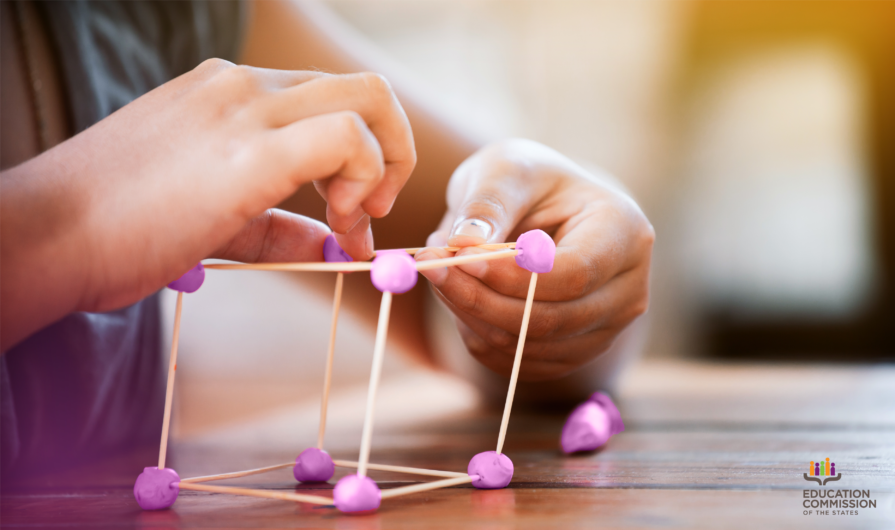Do schools in your community reflect the world in which we live, or are they steeped in tradition — doing things the way they’ve always been done? The world has changed a lot over the past 50 years, but many of our school systems have not. While some schools use technology like Smart Boards and iPads to keep kids engaged, other schools continue to use worksheets and lecture in a more traditional and less interactive environment. Research shows that such disparities as these in students’ environments are evident in achievement from an early age, and less advantaged students are likely to fall behind and stay behind.
South Carolina has developed a statewide vision for the implementation of STEAM education in the classroom. This past summer, ECM embedded the arts and hands-on fun into an underperforming school in Charleston and, in six short weeks, the program saw amazing results.
But first, a little background: Ninety percent of the student population at Sanders-Clyde Elementary is below the poverty level. It is one of the lowest achieving schools in the Charleston County School District. Janice Malone, principal, is in the second year of her four-year commitment to improving the school’s performance.
The arts play a significant role in preparing students for success in school and life, and research demonstrates that students from low socio-economic backgrounds benefit from attending arts-rich schools. Recognizing the need to change the system, Malone partnered with ECM to provide a half-day arts integration camp for 100 students in kindergarten through fifth grade. In this camp model, students are divided into groups of between eight and 10, with each group assigned one camp counselor who is a certified teacher at the school. Groups rotate through arts experiences, called Engaged Learning Experiences, all of which relate to a weekly theme and end with a performance.
How is this model different from traditional summer reading intervention programs? ECM artists and community partners collaborate with ECM curriculum coaches and certified classroom teachers to teach all music, theatre, dance, visual arts and STEM lessons. Teachers participate as learners alongside their students to gain a deeper understanding of arts integration, so that they can effectively use these strategies the following school year. Campers read for information comprehension, for example, on how to build a robot. They write with purpose, including creating scripts for the end-of-camp performance. They build circuits to learn how chemical energy changes to electrical energy. They hone their skills to better communicate, collaborate and participate as part of a team — skills that employers highly value.
As not all students learn the same or at the same pace, considering innovative approaches to traditional education practice can support schools, districts and states in meeting the needs of various student populations and communities. Community partnerships, arts-integrated lessons and new funding opportunities can create pathways to solve the difficulties of ineffective systems and help advance the future success of all students.
Opportunities exist for many stakeholders to play a role in improving outcomes for students. Education and policy leaders can consider policy opportunities that reflect our current world and support students as they envision and work toward their future goals and pathways, and ECM is committed to working in partnership with school districts to help students realize the potential in their futures.




